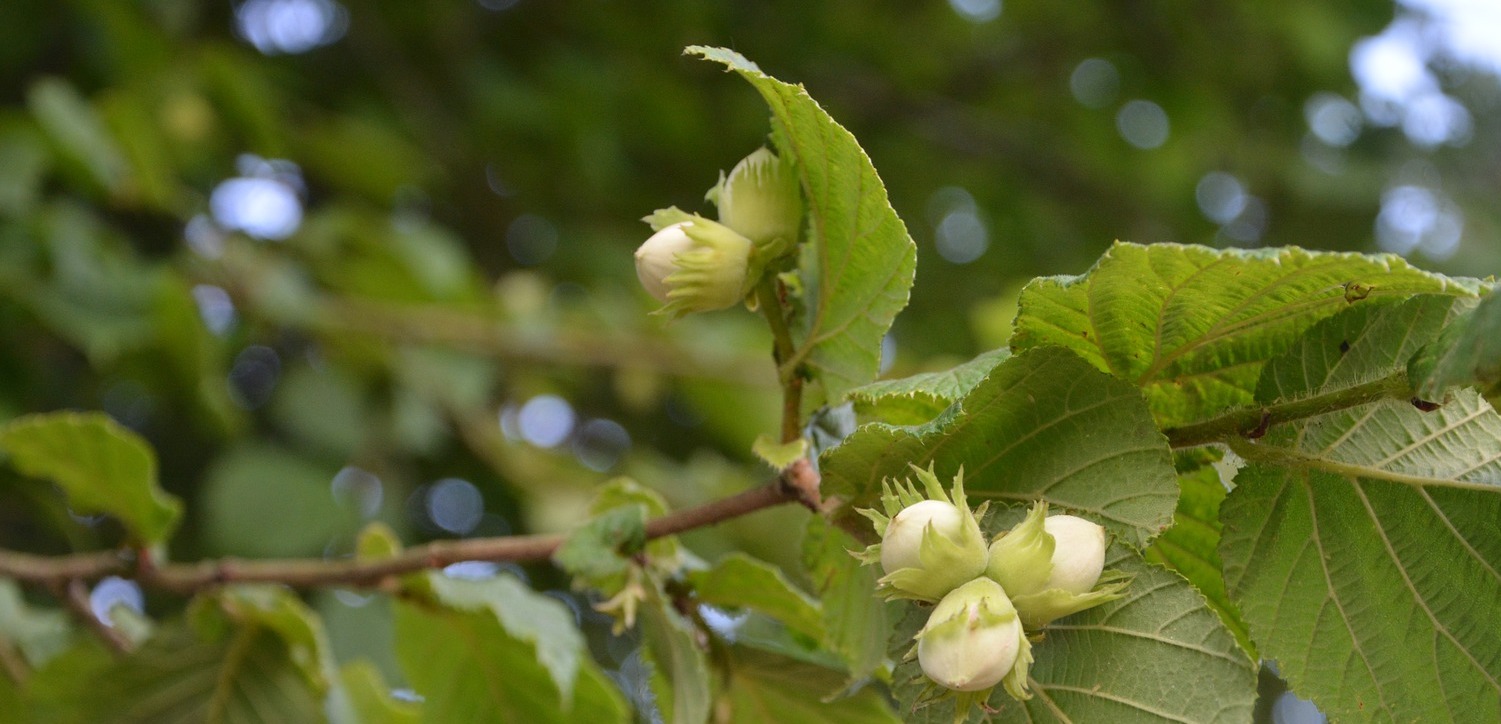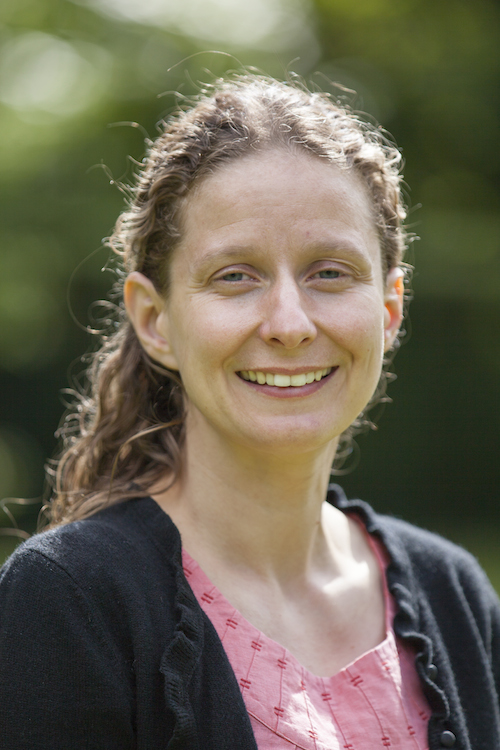
What Nature taketh away, Nature giveth. Two days of endless rain once again swell the river…which, when it abates, leaves a stranded tide of thousands of edible hazelnuts.
I have noticed that I have again accorded nature a capital letter. What lies beyond the window pane is not anything as neutral or insipid as the ‘environment’. The more time I spend outside…the more certain I become that the living system around me is self-conscious, architected, immense and, ultimately, a verbally ineffable spiritual reality. One can harmonize with Nature – Pan, Creation, Spirit, Mother Earth, call it what you will – but only on its terms. Little Lewis-Stempel, Big God.
I don’t think nature is a person, but all the same John Lewis-Stempel’s experience resonates with me. In his book ‘The Wild Life’ (Black Swan, 2009) he describes how he spent a year living off the land he and his family bought in west Wales, eating only things he foraged, caught or shot in forty acres of rough farmland. This involved spending most of his days outdoors, and as his senses sharpened he tuned into his surroundings – and also into something spiritual.
Overhead stretches the canopy of the stars. Looking up at the myriad points of light I do not doubt that God exists and I wonder suddenly if religious observation has declined is direct proportion to the growth of light pollution.
Lewis-Stempel’s book is about a long-occupied corner of the UK. Nowhere in our country could be described as completely ‘pristine’ (we just sometimes think it is because we haven’t experienced the real thing[1]), but even the degraded and species-poor parts of creation that we experience today are able to evoke great wonder and a Biblical sense of its intrinsic value.
“The heavens declare the glory of God; the skies proclaim the work of his hands” (Psalm 19: 1); “The earth is the Lord’s, and everything in it, the world, and all who live in it; for he founded it on the seas and established it on the waters” (Psalm 24: 1-2); “Let the rivers clap their hands, let the mountains sing together for joy; let them sing before the Lord” (Psalm 98: 8-9a).
I call the living things around me ‘creation’ because I believe they were made by God. Also, the word nature has connotations of the natural-supernatural divide that some Greek philosophers (as far as I am aware) introduced, as if God is in charge of some things but not others.
For a Christian, the non-human parts of creation have a value of their own, apart from any benefits they can bring us. We ascribe value to creation because it has value to God. We were called to live in community, both with people and with the rest of creation. Nick Goldsworthy, a pastor and engineer from Exeter, spoke about this in his talk at the recent ‘Blue Planet Blue God’ course that the Faraday Institute ran in partnership with several of the Cambridge theological colleges. Nick pointed out that Genesis mentions we are made of “the dust of the ground” – in fact the name Adam is a pun on the Hebrew word adamah, which means earth. We have a God-given connection with the rest of the planet, along with our commission to tend and keep it.
Creation brings its own praise independently of anything we do, but our own actions can affect the land, drowning out its song. Nick described how humanity’s rebellion against our calling to be the image of God on earth has brought a brokenness that plays itself out time and time again. It’s not just our relationship with God or other people that is affected by our actions, but our relationship between ourselves and the rest of creation, and the relationship between God and creation. But the story doesn’t end there.
The Biblical narrative is clear that Christ came to redeem not just people but the whole of creation. “For the creation was subjected to frustration… in hope that the creation itself will be liberated from its bondage to decay and brought into the freedom and glory of the children of God” (Rom 8: 20a, 21).“For God was pleased to have all his fullness dwell in [Jesus], and through him to reconcile to himself all things, whether things on earth or things in heaven, by making peace through his blood, shed on the cross.”
The future is bright, with renewal and restoration promised in the end, but Nick and his church are not just playing a waiting game. Jesus taught us to pray “your kingdom come, your will be done on earth as it is in heaven”. Many Christians believe that part of the answer to this prayer can be our own actions – with God’s help. Acting justly in the world is an integral activity of the church, and justice incudes the whole of creation. Even if one focussed only on people, it’s clear that when land is healthy then the people living on it also thrive.
Serving God’s purposes on earth as his tenants, valuing both people and the ecosystems we inhabit, is an exciting vocation. So how can we be part of putting things right, not just by sharing the gospel but also by sharing our stuff? How can we reduce the negative impact of our lifestyles on other people and the rest of creation? Which business can we can support, that do things well? Some of us are just beginning to discover – or perhaps rediscover – how this calling works out in the life of the church. It isn’t an easy way of living but it promises to be the most satisfying because it is how we were made to live. For Nick, the gospel is less about me and more about us.
I am looking forward to seeing how the church’s involvement in caring for creation unfolds in the years to come. I hope that individuals like Lewis-Stempel will be able to continue appreciating creation, and that dawning awareness of its creator.

© Faraday Institute
Ruth Bancewicz is Church Engagement Director at The Faraday Institute for Science and Religion. She studied Genetics at Aberdeen and Edinburgh Universities, and spent two years as a part-time postdoctoral researcher at the Wellcome Trust Centre for Cell Biology in Edinburgh, while also working as the Development Officer for Christians in Science. Ruth is a trustee of Christians in Science, and a Fellow of their US counterpart – the American Scientific Affiliation.
[1] If you don’t believe me, look up ‘shifting baseline syndrome’.




